(Halo Season 1 starts on Paramount Plus on March 24th.
I’m what you’d call a fair-weather Halo fan.
I like most of the games and, like many, spent a lot of my college years in their grasp. I’m unfamiliar with the books beyond a passing glance. But, without noticing, I’ve invested myself in hoping the series gets the big-screen adaptation it deserves.
It’s not like the hype isn’t unwarranted. During the last fifteen years, Halo has lived in the hands of filmmakers such as Steven Spielberg, Peter Jackson, Guillermo Del Toro, and Neil Blomkamp. Each with a strong vision of what that cinematic universe could look like.
Now, it finally arrives as a mega-budget TV series on Paramount Plus. A new streaming platform with stiff competition and a lot to prove. Their previous shows, which I enjoy, have yet to break into the mainstream. Could this finally do the trick?
Based on the first season, no. It probably won’t. But I’ve been wrong before.
Halo is an odd duck. Simultaneously something entirely different; yet beholden to a legacy it doesn’t seem to like.
I’m told there’s a lot here from the books. Their readers will probably get the most out of the show. As a fan of the games, I spotted a dozen Easter eggs in the pilot alone. Name-drops of the planet Reach sends shivers down the spine. Many characters look and feel familiar, at least until they start talking.
There’s an odd mix of things that, for fans of one thing, come off as clunky. Like forcing jigsaw pieces together, even if they’re not from the same set.
Halo begins midway into the intergalactic civil war. Around it is the beginning of another, more devastating conflict to come. The Covenant, an alien race of religious fanatics, has found the human race. Their forces overwhelm entire planets, leading the military forces of the UNSC to focus their might elsewhere.
In the midst of this is Master Chief (Pablo Schreiber), a Spartan-class elite soldier, superhuman in strength. A deadly and brutal weapon of a fascist empire, he might also prove humanity’s only hope.
When a covenant strike decimates a small insurgency outpost, Master Chief finds himself escorting the only survivor of the slaughter. A headstrong teenager called Quan shares a past with the stoic soldier. Their meeting sends ripples through the UNSC, forcing them on the run across the galaxy.
If you’re coming in with no knowledge of the franchise, Halo won’t immediately impress why it’s so beloved by fans worldwide. There’s very little originality here, some of which comes with the territory. Other choices, like a Daenerys Targaryen-style character, are harder to explain.
As an adaptation, it lifts pieces from the expansive lore and retrofits them into Master Chief’s story. For many, this might prove a dealbreaker. While never perfect, in the games, Chief always stood for doing the right thing and never leaving anyone behind.
In the show, he’s a murderer. A blindly devout force of nature, who admits to killing civilians when ordered.
Granted, it could all be in service of a larger character arc. But as an introduction to a beloved hero, it is a wild swing that requires one hell of a show to pull off. Right now, Halo isn’t there yet.
I don’t know where the show is right now. It has no beginning. We’re along with an expectation that some of this is already familiar. We see Forerunner artifacts, but never learn what they are. Exposition dumps introduce new concepts without elaborating on old ones. Master Chief is the chosen one, but for what is unclear.
Most of all, there’s talk of Halo. The weapon that could doom all of existence.
Before you know it, Master Chief and Quan spend most of their time hiding in poorly lit underground spaces. Their friends lurk in the shadows, each whispering of very important things, none of which hold weight. If the show doesn’t want to follow the lore, it certainly places a heavy emphasis on it this fast. It’s worrying that even after four major info dumps, I’d be hard-pressed to explain the series any further than “Master Chief has to protect Quan because of reasons.”
Visually, Halo mostly serves up something pretty to look at. Even if you’re going to have a hard time pinpointing where exactly the ten million per episode budget went. Sometimes the CGI looks fabulous, especially when rendering the famous Covenant soldiers. But often it’s downright ugly. Almost unintentionally so. Like there wasn’t enough time to finish everything the directors wanted to feature.
This leads to a weird dichotomy in the viewing. Potentially epic scenes suddenly feel empty. An early skirmish lacks any scale. It comes dangerously close to repeating low-budget tropes of early 90s serials. Back then, every sci-fi series was filmed at the same quarry. Whether it’s the blocking or limitations in technology, Halo has a dozen clunkers for every beautiful shot. For a heavily office-bound first few hours, it’s not a good sign.
Don’t expect much in the way of the original soundtrack, either. While the Gregorian chanting of the famous theme shows up (whether it fits or not), everything else is forgettable. Halo plays things so safe, that it becomes hard to separate from any other sci-fi property out there.
Which might be its downfall. After The Expanse, sci-fi on television has a completely new standard. Returning to dated plotting and simplistic tropes is a major step backward. But even The Expanse took a few episodes to get going.
I want to remain optimistic about Halo. I really do. But based on the first few hours, it’s got an uphill struggle ahead. I don’t understand why the show runners need to rewrite so much, and then not lay the new groundwork. I’m not sure if I want a series where Master Chief is the anti-hero with a heart of gold. I don’t think we needed another Daenerys-like figure scheming across the sea of stars.
But also, I’m a little surprised at how violent Halo is. Yes, it’s based on an action game. But one that’s more Star Wars than Saving Private Ryan. The series begins with teenagers blown apart. Heads explode in gory detail. Women and children are executed in close-ups. Anyone expecting the grand heroics of the games won’t find it here.
Maybe I’ll be wrong. Maybe Halo pulls the rug out from under me. There are still seven episodes to go. Anything can happen. That’ll have to wait until the full review down the line.
Until then, consider expectations thoroughly tempered.



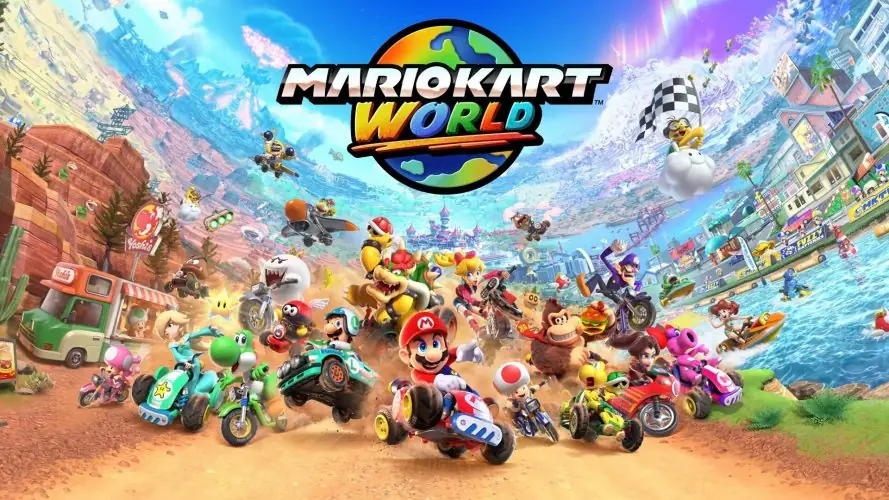
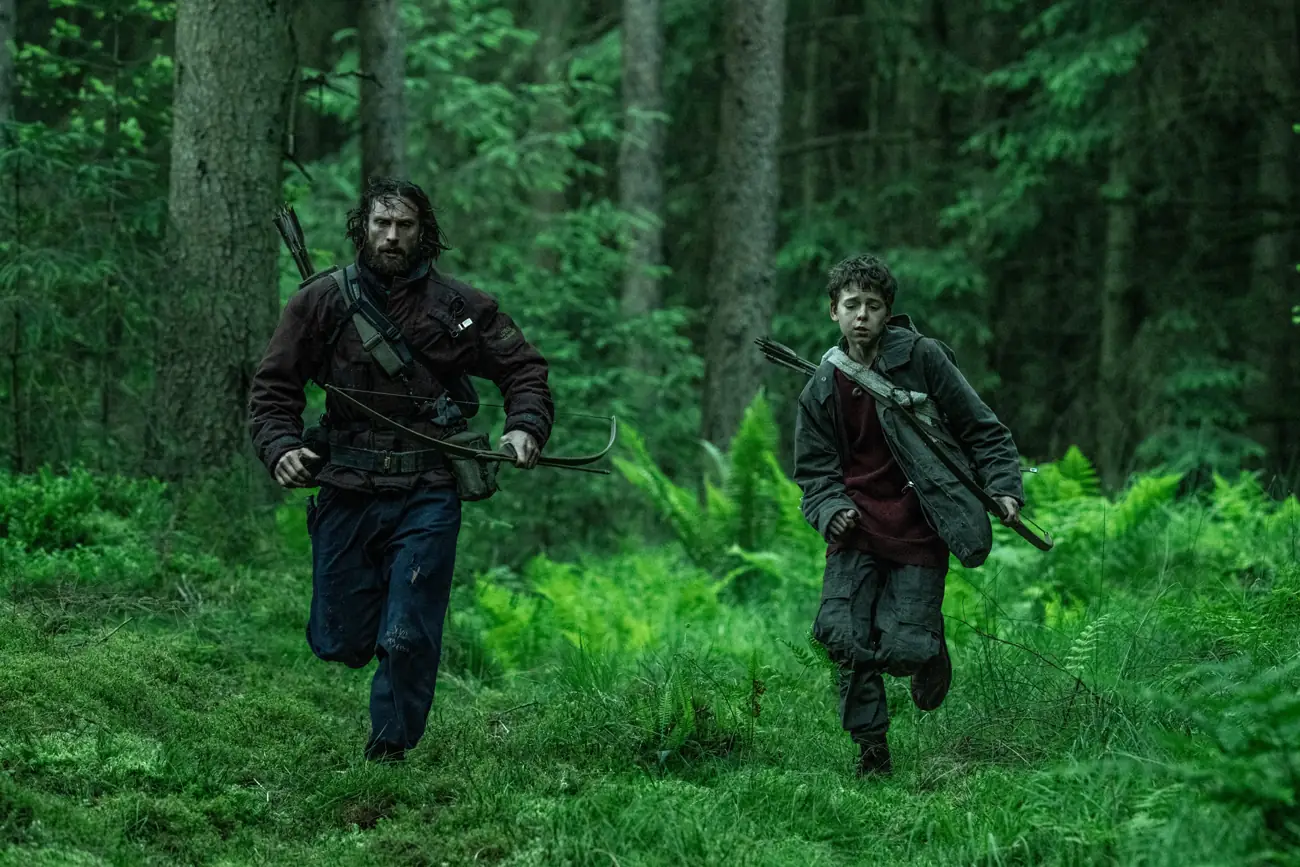
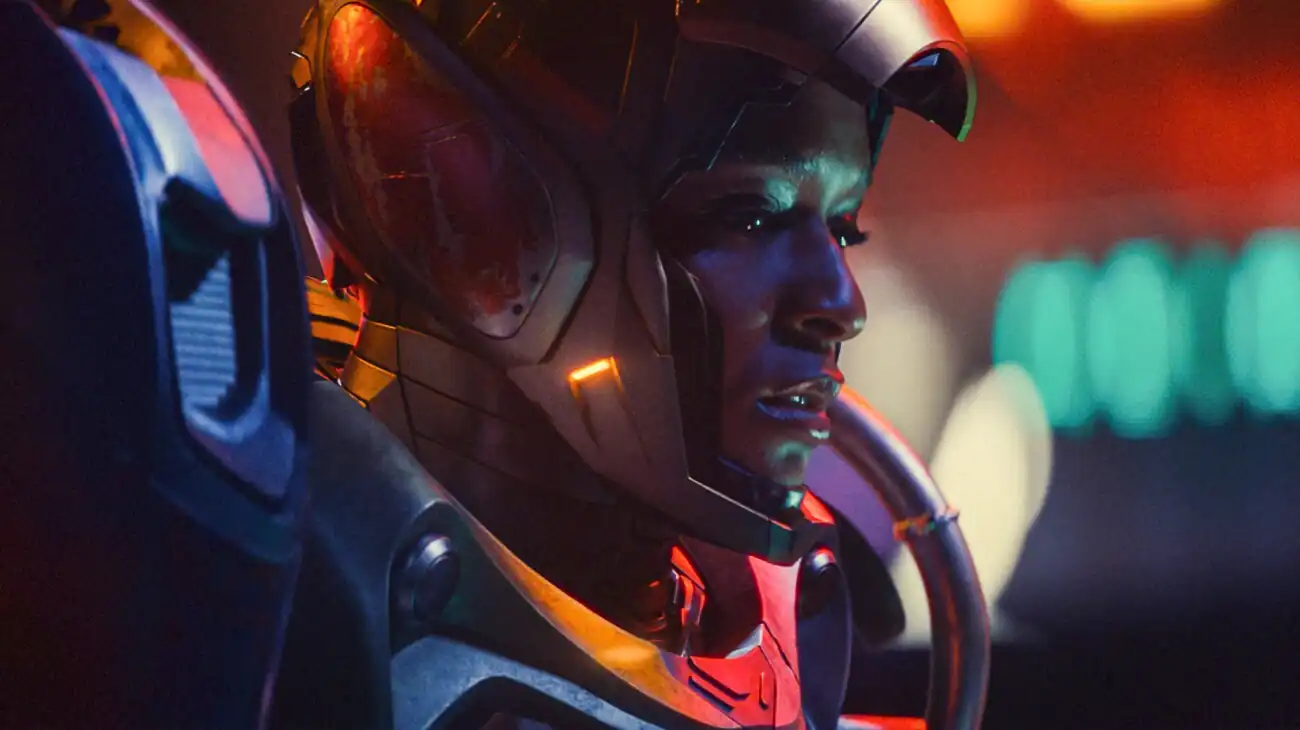

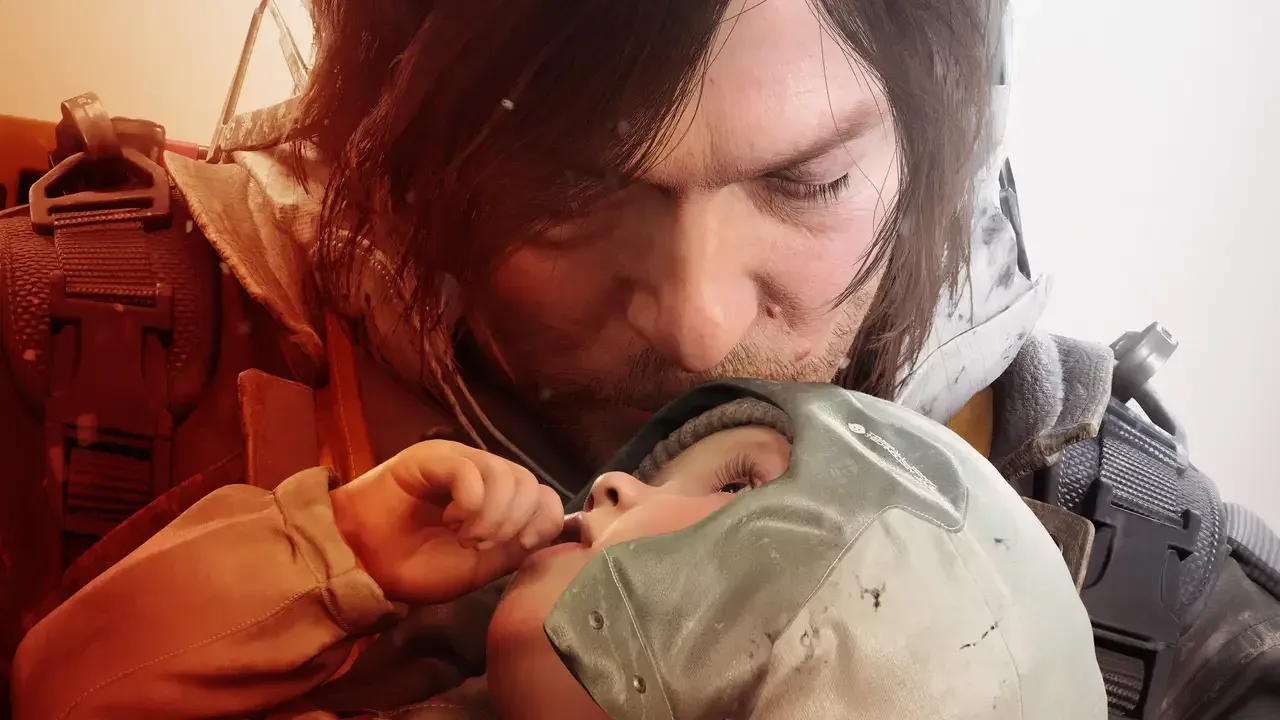
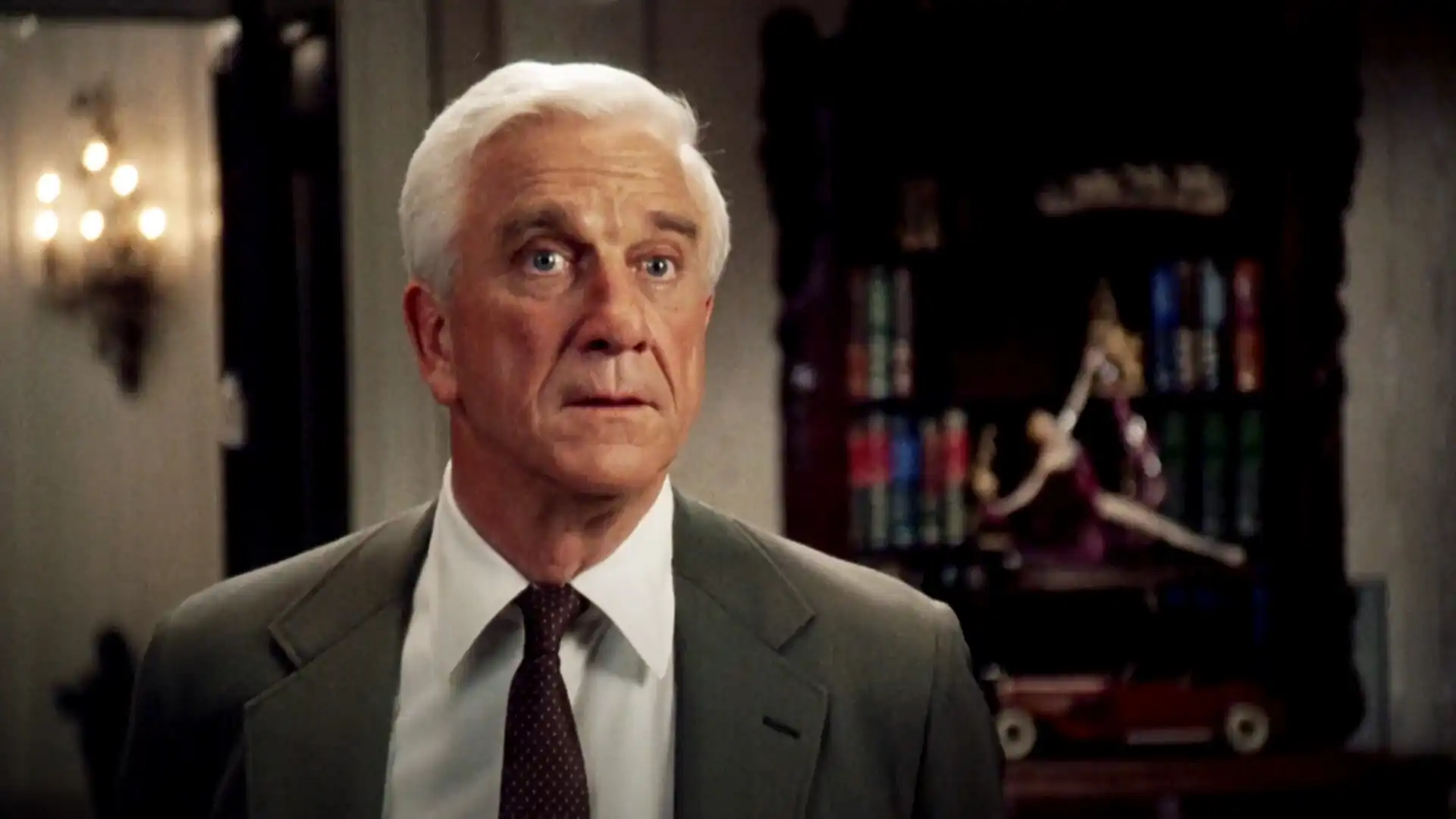
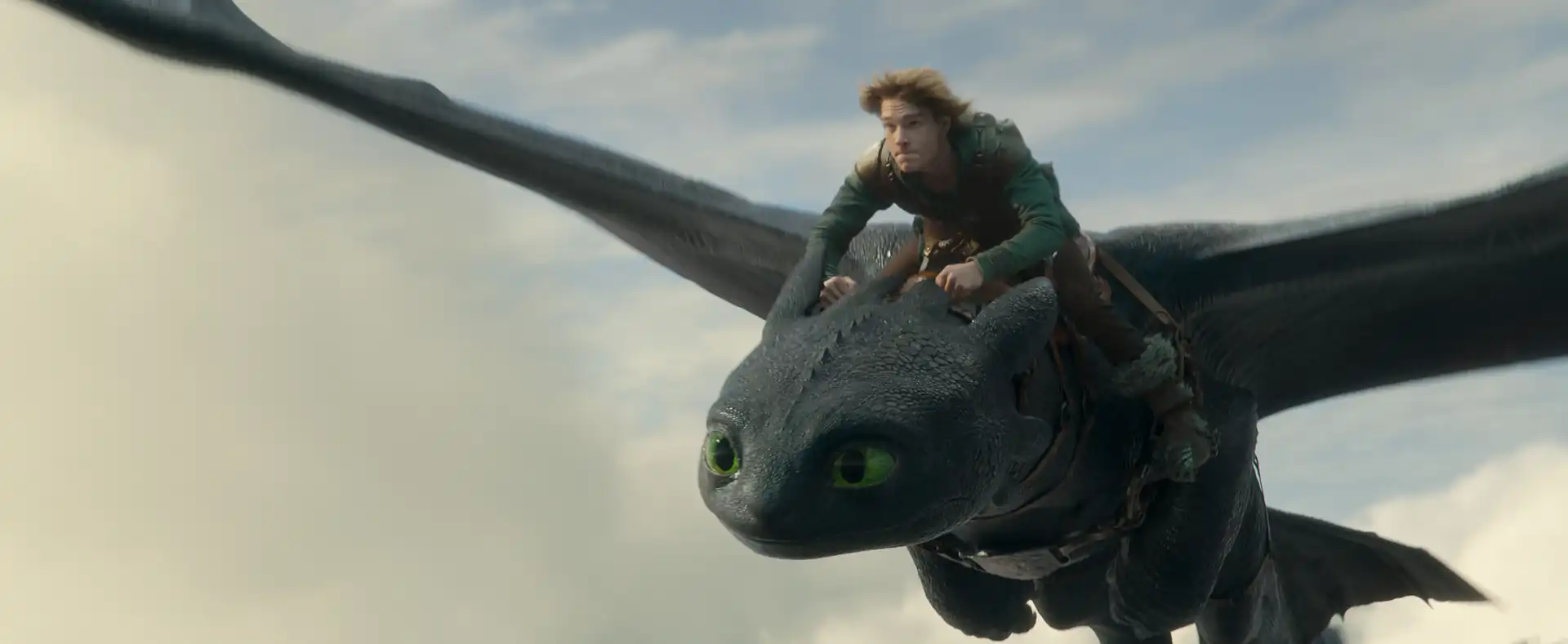

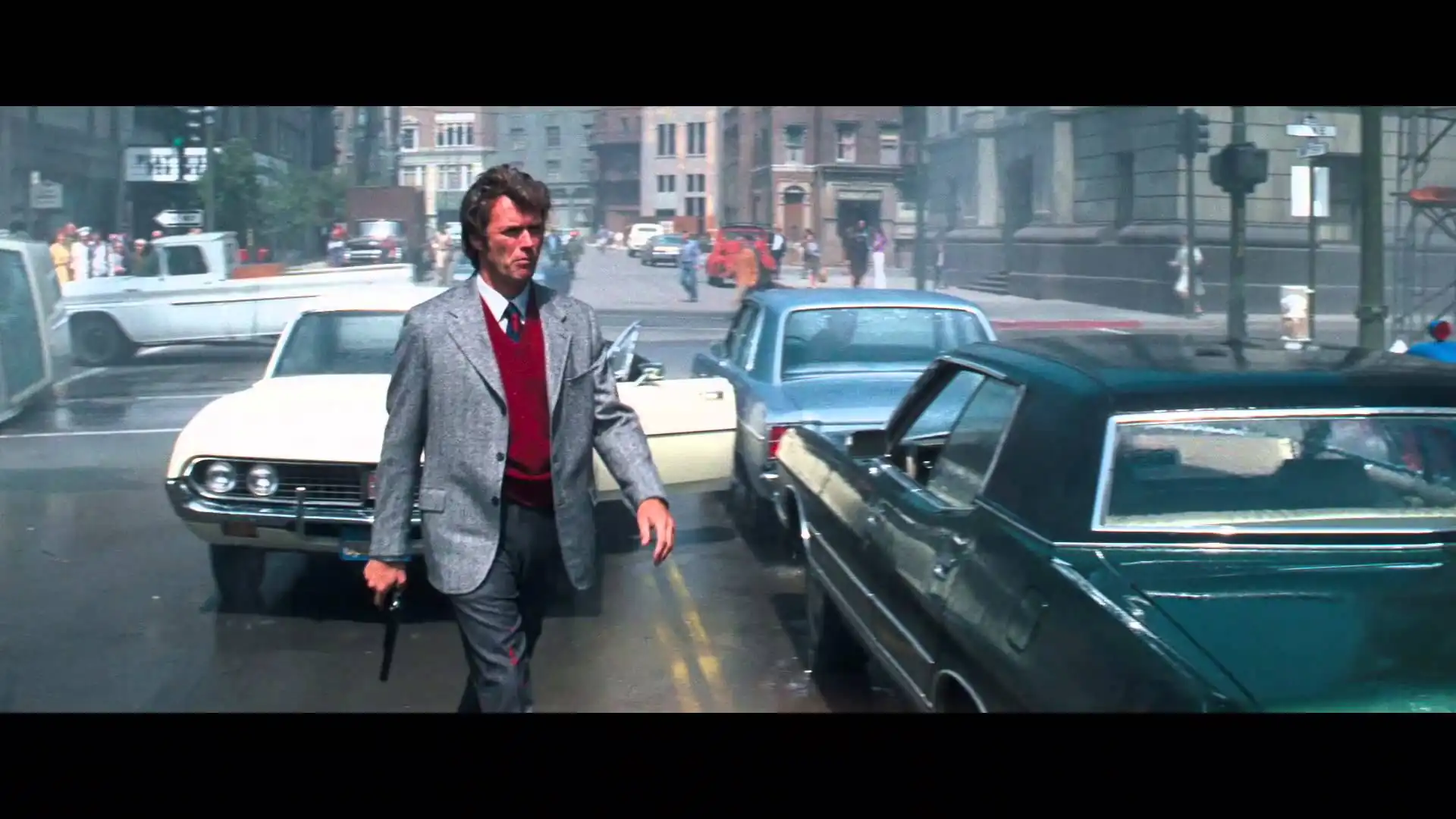

Discussion